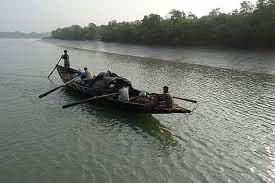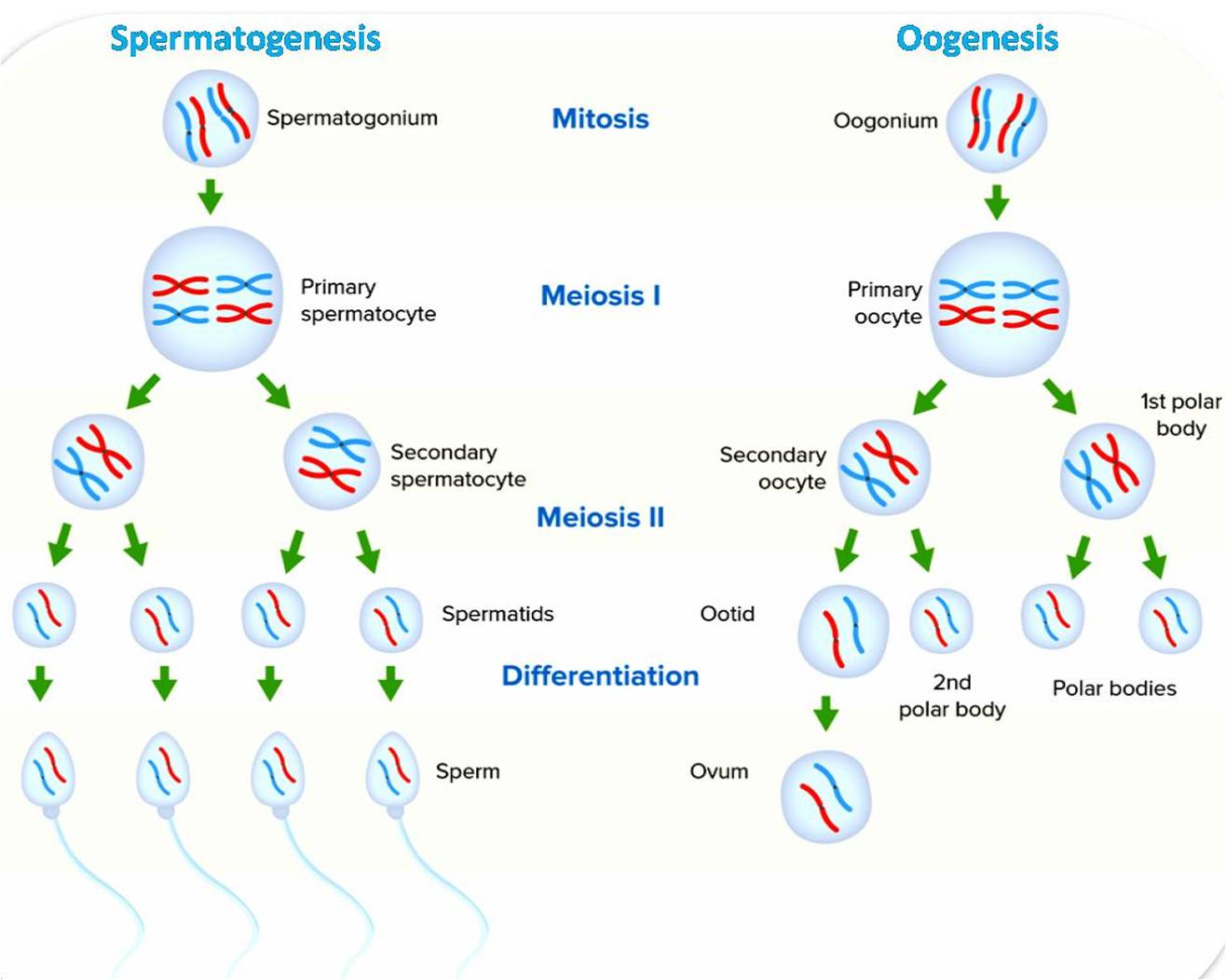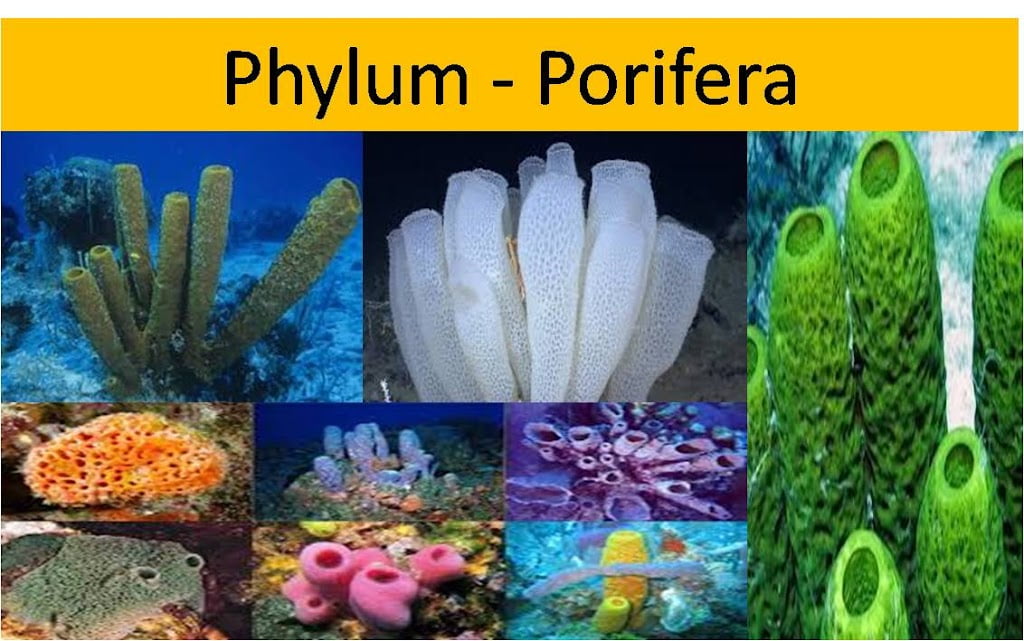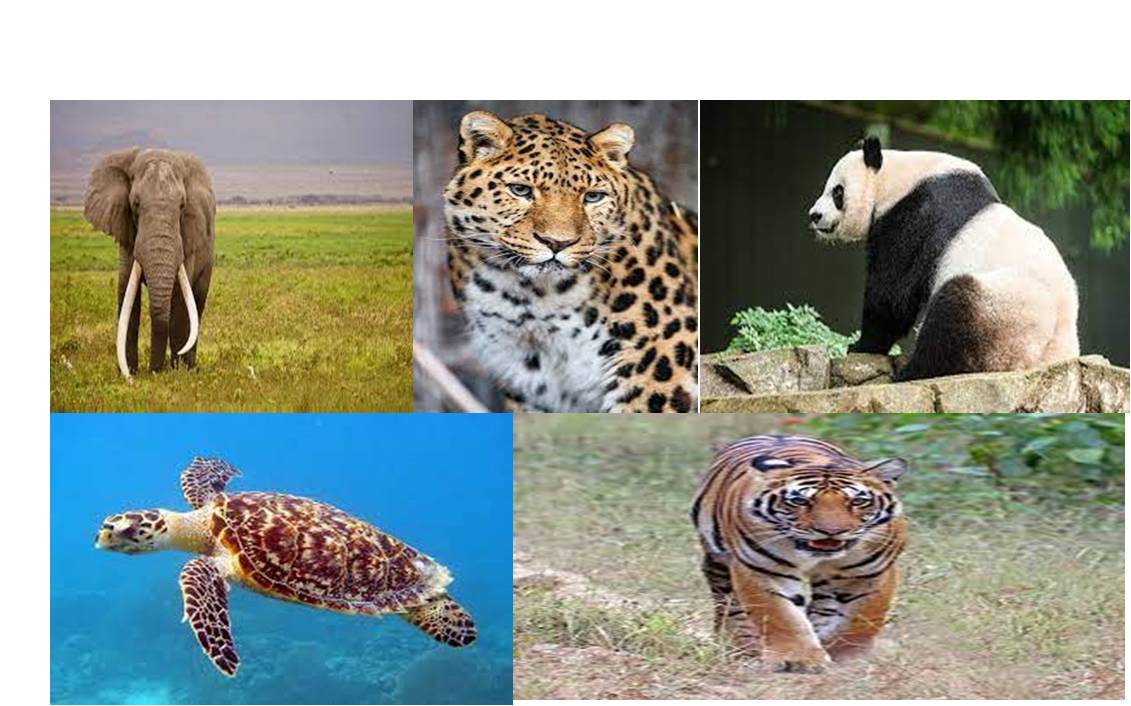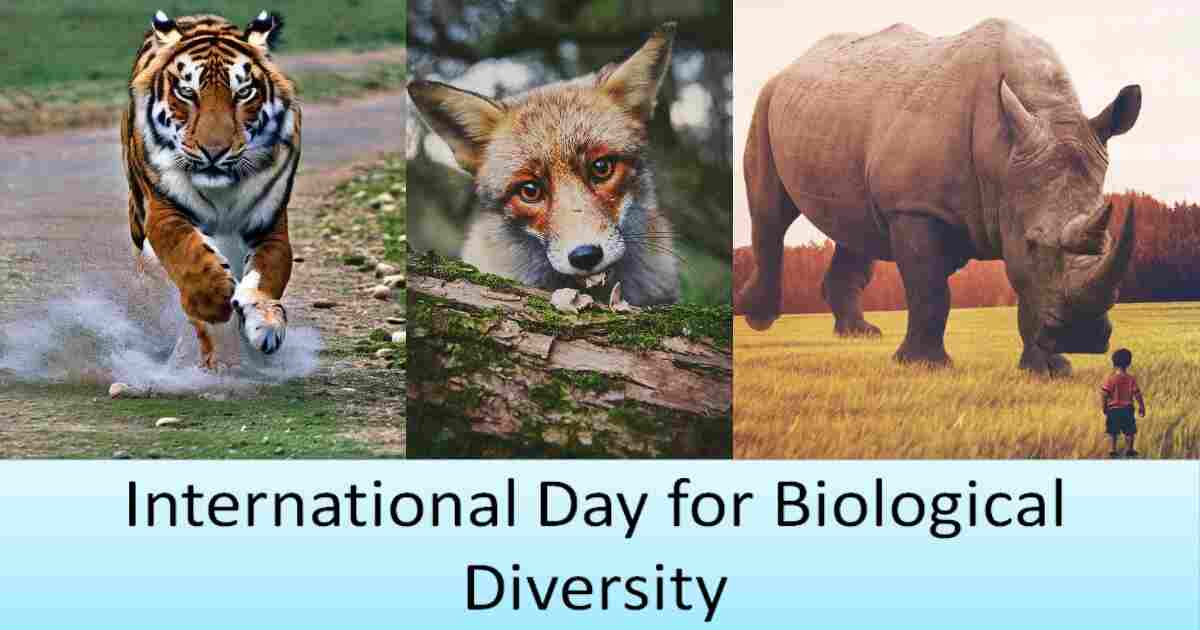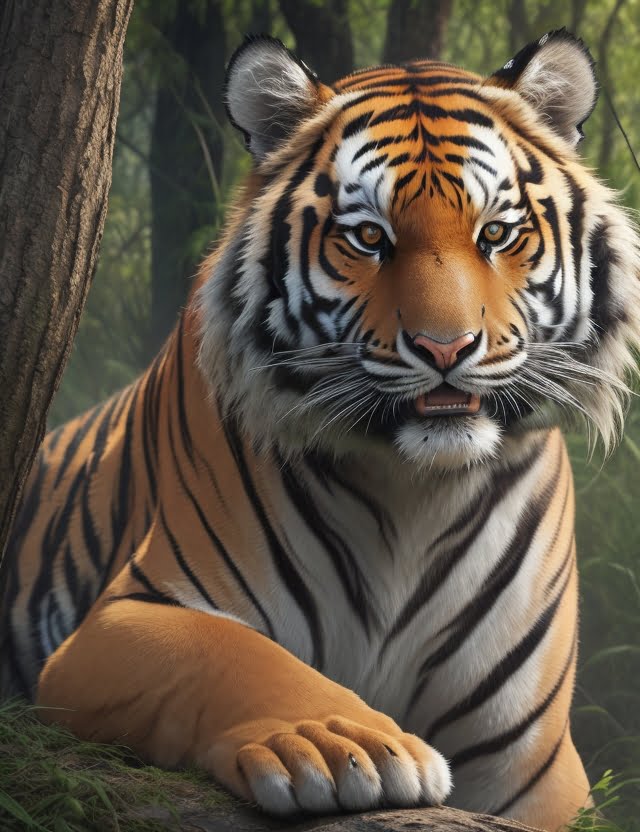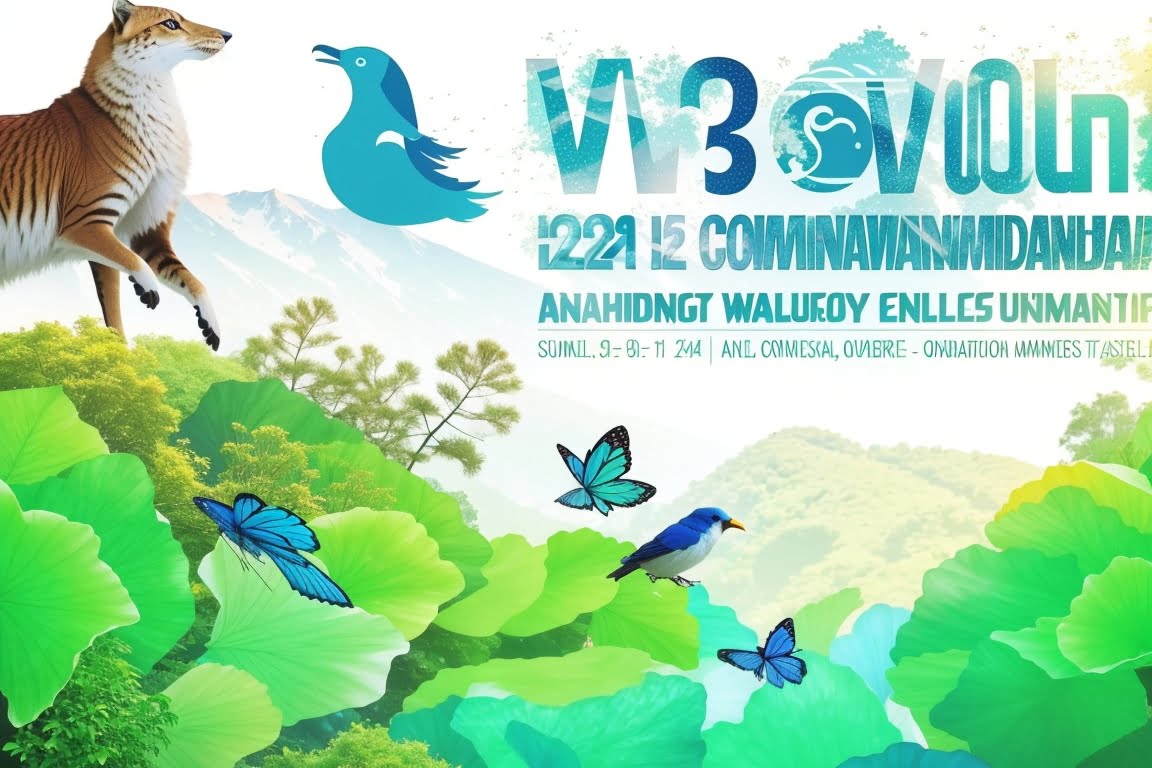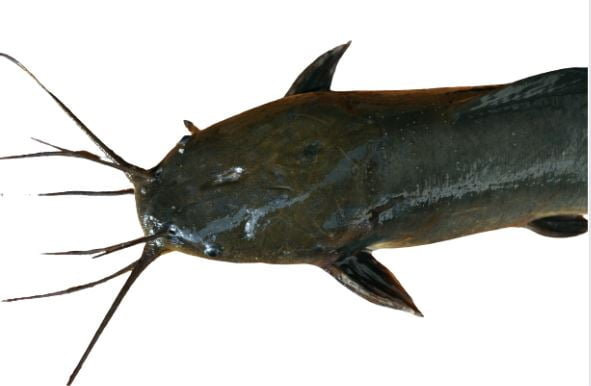Endangered Wild Animals: Many animals that inhabit the earth are in danger of being extinct. Concern for the preservation of these threatened wild creatures is developing as a result of the alarming fall in wildlife numbers. The significance of protecting these species is explored in depth in this essay.
Facts about Endangered Wild Animals
Let’s look at some facts concerning critically endangered wild animals before we discuss the importance of conservation:
| Species Name | Habitat | Population Status |
|---|---|---|
| African Elephant | African Savannas | Vulnerable |
| Amur Leopard | Russian Far East | Critically Endangered |
| Giant Panda | Bamboo Forests | Endangered |
| Hawksbill Turtle | Tropical Oceans | Critically Endangered |
| Bengal Tiger | Indian Subcontinent | Endangered |
Tabular Format for Nutrients
Unfortunately, unlike domesticated animals, there are no special nutrients connected to endangered wild species. However, these organisms are essential to keeping the equilibrium of their individual ecosystems, which indirectly improves the condition of our globe.
Important to protect endangered wild animals seven vital reasons:
- Maintain biodiversity. Every species plays a role in the ecosystem, and when one species goes extinct, it can have a ripple effect on the entire ecosystem. For example, if pollinators go extinct, it could lead to a decrease in food production.
- Ensure our own health and well-being. Humans rely on wildlife for many things, including food, medicine, and clean air and water. For example, many plants used in traditional medicine are endangered.
- Protect our planet’s climate. Animals play an important role in regulating the climate. For example, trees help to absorb carbon dioxide from the atmosphere.
- Support local economies. Wildlife-based tourism is a major source of income for many communities around the world.
- Enrich our lives. Wildlife provides us with many opportunities for recreation and enjoyment. For example, many people enjoy bird watching, hiking, and camping.
- Preserve our heritage. Wild animals are an important part of our cultural heritage. For example, many Native American tribes have stories and traditions that feature animals.
- Have a moral obligation. Some people believe that we have a moral obligation to protect all living things, including endangered wild animals.
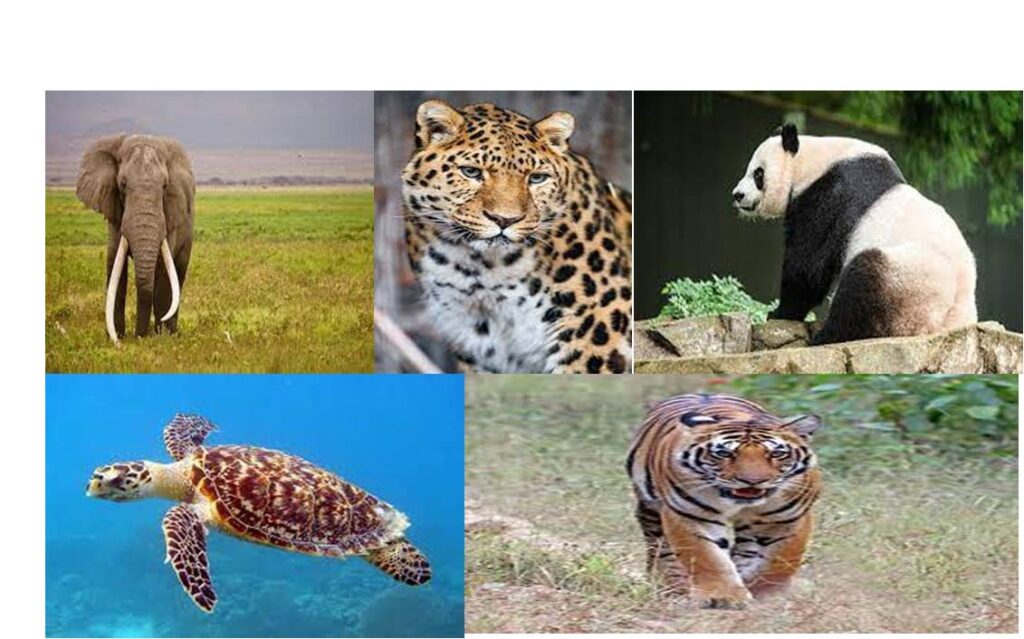
Here are some things that you can do to help protect endangered wild animals:
- Donate to or volunteer for organizations that are working to conserve endangered species.
- Reduce your impact on the environment by making changes such as recycling, driving less, and using less energy.
- Support businesses that are committed to sustainability.
- Educate others about the importance of protecting endangered species.
Every little bit helps. By working together, we can help to ensure that future generations will be able to enjoy the same wildlife that we do today.
Additionally also read more for Conserving endangered animals is crucial for 7 vital reasons.
- Preserving biodiversity: Every species plays a vital role in maintaining the balance of nature. Removing one animal or plant can disrupt the ecosystem and negatively impact other species.
- Future generations: Saving endangered animals ensures that future generations can enjoy and learn about these magnificent creatures.
- Environmental stability: Animals contribute to the environment in various ways, such as pollination and maintaining food chains.
- Medicinal potential: Many medicines have been derived from plants and animals. Preserving endangered species preserves the potential for future discoveries.
- Cultural significance: Animals hold cultural importance in various societies, and their preservation helps maintain cultural heritage.
- Scientific contributions: Fossils and other scientific discoveries from wild animals provide valuable insights into our planet’s history.
- Economic impact: Wildlife tourism and related industries contribute significantly to the global economy.
Conclusion
In addition to being morally required, protecting endangered wild creatures is also essential for the sustainability of our world. Every species contributes differently to the environment, and losing one can have far-reaching effects.
FAQs
Q1: Why are wild animals becoming endangered?
A1: Various factors contribute to the endangerment of wild animals, including habitat loss, poaching, climate change, and pollution.
Q2: How can I contribute to the conservation of endangered species?
A2: You can make a difference by supporting conservation organizations, spreading awareness, and making sustainable choices in your daily life.
Q3: Are all endangered animals protected by law?
A3: While many endangered animals are protected by laws and international agreements, enforcement varies by region.

